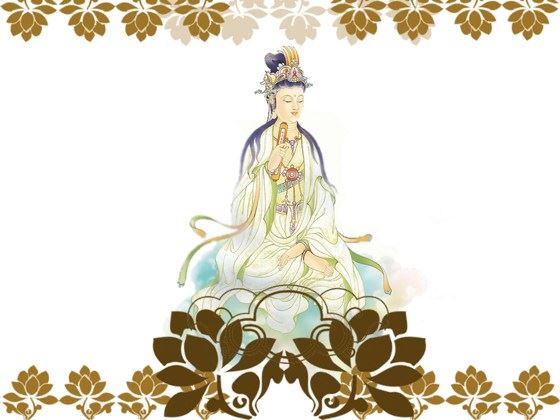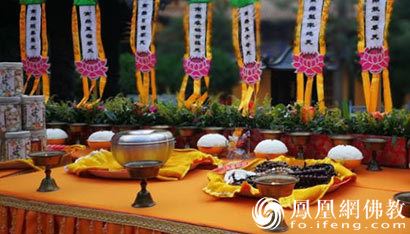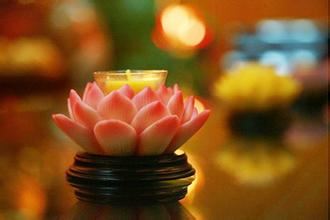
The true face of Buddhism: 33: Buddhist disciples should be knowledgeable and informative
2024-03-22 The true face of Buddhism
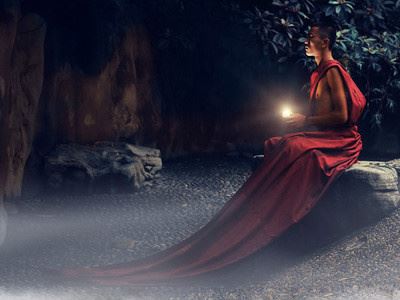
33:Buddhist disciples should be knowledgeable and informative
Taking refuge in the Three Jewels of Buddhism, Dharma and Sangha, and not taking refuge in the evil spirits and heretics is a creed that Buddhist disciples must abide by.However, some Buddhist disciples cannot understand this correctly or in place after entering the Buddhist practice. They separate themselves from real life and sentient beings in everything, always think that they are superior and no longer need to learn secular knowledge and other religious things, and then they cannot stand the joyful relationship with sentient beings, often discuss the right and wrong with sentient beings with a straight face, have no rejoicing heart and skillful convenience, etc. These are all very inappropriate.When Shakyamuni was alive, he asked his disciples to learn the Five Skills: 1. Statement, namely vocal and rhyme studies and Chinese literature;2. Craftsmanship, that is, all craftsmanship, technology, calculation, calendar, etc.;3. Medical prescriptions are clear, that is, medicine;4. Reasoning and illumination are logic and philosophy;5. Fruit Ming, religion and Buddhism.
The basic conditions for being a Bodhisattva are to have extensive learning and earnest compassion.
Mahayana Buddhism calls for the hard to learn and learn everything.Buddhism not only encourages Buddhist disciples to be knowledgeable and knowledgeable, but also believes that doubt and comparison are the first step in practice. They do not doubt or understand, and only have small doubts and small enlightenment can lead to great enlightenment.Only after comparison can we know what the ultimate Dharma is.Forbidding others to doubt and compare is a manifestation of arbitrary and unconfidence. The belief obtained by rejecting and avoiding everything is not true belief, and the heart of Tao will not be strong.Just like some heretic wizards or cult wizards always prohibit their followers from rejecting and rejecting other books and theories, this is very arbitrary.When the Buddha's disciple Shariputra questioned the Buddha's teachings, the Buddha said happily: Good.Think of this as a sign of honesty.When you don’t have a heart-to-heart understanding, you must not deceive yourself. Doubt is often one of the causes of realizing the truth.
Sakyamuni divided the methods of transforming the world into five vehicles (i.e., the human vehicle, the heavenly vehicle, the shravaka vehicle, the pratyekabuddha vehicle, and the bodhisattva vehicle. For details, please refer to the relevant Buddhist scriptures). The human vehicle (human and the heavenly vehicle) is the basis of practicing Buddhism, and is also a common method of all religions (except cults) and heretics. It is also a common good Dharma advocated by all secular humanities and natural sciences.Therefore, true Buddhist disciples cannot reject other good deeds (this is the basis for entering the Buddha), and it is even more unstoppable if they slander secular science, heretics and other religions.Because all dharmas are harmonious, whether they are worldly wisdom, scientific civilization, or heretic qigong, they must have advantages, and some of them have achieved very high results.In a relative sense, they are all products of certain wisdom of sentient beings, and they are some kind of support or manifestation of the ultimate good deeds in the secular world.It is both wonderful and true emptiness, and it is also true emptiness of dependent origination.
Originally, Prajna Paramita is soluble in everything. Good practitioners can not only identify the incompleteness of all dependent origination laws, but also learn their strengths humbly.Good deeds do not necessarily appear in the context of Buddha. On the contrary, the things behind the semantic context of Buddha are one with all good deeds themselves.Volume 6 of the "Great Convenience Buddha's Grace" says: The Buddha takes the Dharma as his teacher, and the Buddha is born from the Dharma;The dharma is the visible dharma of Buddha Mother is not inferior to that of Buddha.Sakyamuni also had to follow the law to be liberated from birth and death, and then to become a Buddha.Of course, Buddhist disciples must also rely on the ultimate and fundamental good deeds to obtain ultimate and perfect rewards.This Dharma passed down by Sakyamuni after he realized the enlightenment and became a Buddha in accordance with the Dharma for more than two thousand years, provides us with the possibility of ultimate perfection.Therefore, since then, the concepts and names of Buddha and Buddhism have emerged in the world (our time and space).Its core is the ultimate good deed, which is the Prajna Paramita.
The Buddha said that there is a state of practice called Pratyekabuddha, which is higher than the state of Arhat and can attain the level of Pratyekabuddha.Although such a person may not have the chance to meet the Buddha in his life and never hear the Buddha's teachings, he has always insisted on practicing alone, and can focus on the mind and observe impermanence, thus realizing certain good deeds (called the twelve links of dependent origination) and attaining certain wisdom, so he is called sovereign enlightenment.That is, the meaning of enlightenment alone.If the only enlightenment meets the Buddha and stays in the world, it is called the Pratyekabuddha. After obtaining the ultimate good deeds, it will make rapid progress and achieve greater success.Therefore, Buddhism has no way of doing things, and all things are harmonious, and all things are returned to the roots. A true Buddhist disciple will not only not slander or denounce secular science and other religions, but will also learn humbly from all religions, heretic qigong masters, and secular sciences, learn from others' strengths and make up for one's own weaknesses.

Related Readings
 Gama Rinpoche: My friends don’t believe in the past and present lives. How should I explain it to them?
Gama Rinpoche: My friends don’t believe in the past and present lives. How should I explain it to them?
 Chen Meng officially converted to Ma Lin's disciples, and Coach Ma must send two disciples to the Tokyo arena
Chen Meng officially converted to Ma Lin's disciples, and Coach Ma must send two disciples to the Tokyo arena
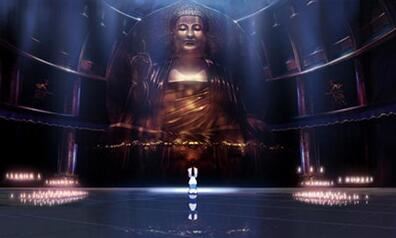 Master Daji Niang: Which sect should you start from when you first enter Buddhism?
Master Daji Niang: Which sect should you start from when you first enter Buddhism?
 Just for one thing, the Buddha wore a broken cassock and took his disciples to beg for food.
Just for one thing, the Buddha wore a broken cassock and took his disciples to beg for food.
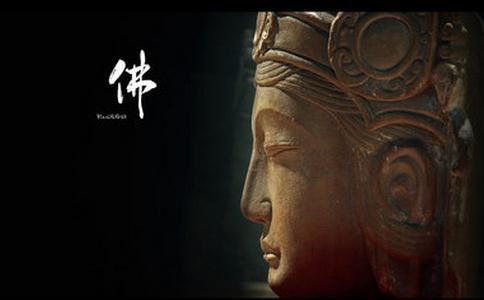 A century-old monk is suspected to have cultivated supernatural powers, and his disciples find that his feet are not touching the ground when walking.
A century-old monk is suspected to have cultivated supernatural powers, and his disciples find that his feet are not touching the ground when walking.
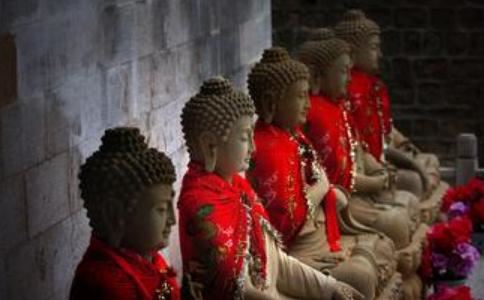 Master Zhenyuan replied: How should I worship Maitreya Buddha and Guanyin Bodhisattva?
Master Zhenyuan replied: How should I worship Maitreya Buddha and Guanyin Bodhisattva?
 Master Zhimin: Master Zhimin answered: Can lay disciples kneel down to anyone (living and dead) or other sentient beings in the path?
Master Zhimin: Master Zhimin answered: Can lay disciples kneel down to anyone (living and dead) or other sentient beings in the path?
 Buddhist disciples’ insights: How can we save our relatives and ourselves
Buddhist disciples’ insights: How can we save our relatives and ourselves
 Master Huixiang: Don’t make random wishes—Instructions for Buddhist disciples
Master Huixiang: Don’t make random wishes—Instructions for Buddhist disciples
 Master Daily: What should I practice after taking refuge?
Master Daily: What should I practice after taking refuge?
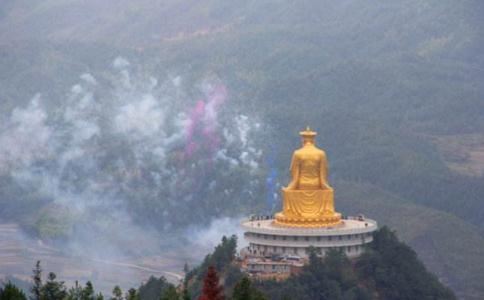 The Buddha's disciple Mahakasyapa entered meditation for 5 billion years in Jizu Mountain southwest of Raja City
The Buddha's disciple Mahakasyapa entered meditation for 5 billion years in Jizu Mountain southwest of Raja City
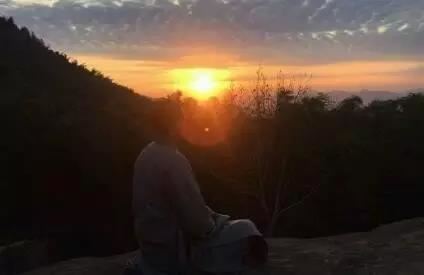 Master Da'an: What you should rely on is the holy words of the Five Pure Land Sutras rather than on which person
Master Da'an: What you should rely on is the holy words of the Five Pure Land Sutras rather than on which person
 Master Da'an: As a Buddhist disciple, how should you view extramarital affairs?
Master Da'an: As a Buddhist disciple, how should you view extramarital affairs?
 The leadership team of the Senior Buddhist College went to the China Tibetan Studies Research Center to exchange views on strengthening the training and role of "Toranba"
The leadership team of the Senior Buddhist College went to the China Tibetan Studies Research Center to exchange views on strengthening the training and role of "Toranba"
 Should pink crystal be worn on the left or right hand?
Should pink crystal be worn on the left or right hand?
 Master Nengxu: Contains Buddhism in medicine
Master Nengxu: Contains Buddhism in medicine
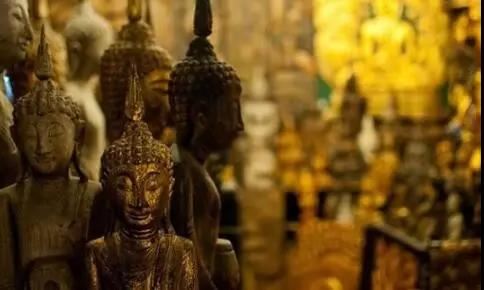 What should you pay attention to when wearing crystals?
What should you pay attention to when wearing crystals?
 Master Nengxu: What is Buddhism _What is Buddhism _What is Buddhism _What is learning Buddhism
Master Nengxu: What is Buddhism _What is Buddhism _What is Buddhism _What is learning Buddhism
 Master Xuanhua: We Buddhists should educate our families and children well
Master Xuanhua: We Buddhists should educate our families and children well
 Master Xuanhua: Why can’t disciples meet Master early in this life
Master Xuanhua: Why can’t disciples meet Master early in this life
 Master Da'an: Follow the Buddha's will and the true Buddhist disciple
Master Da'an: Follow the Buddha's will and the true Buddhist disciple
 Master Da'an: Which type of course should beginners take to learn more about Buddhism?
Master Da'an: Which type of course should beginners take to learn more about Buddhism?
 Master Cihang: The complete collection of Master Cihang's Bodhicitta Shadow (two )Life Chapter 4: The Relationship between Buddhism and Life
Master Cihang: The complete collection of Master Cihang's Bodhicitta Shadow (two )Life Chapter 4: The Relationship between Buddhism and Life
 Master Da'an: Can disciples be reborn after constant troubles?
Master Da'an: Can disciples be reborn after constant troubles?
 Master Mengsan: This should be the effect of chanting scriptures.
Master Mengsan: This should be the effect of chanting scriptures.
 Master Weixian: How to be considered a disciple of the Three Treasures _What are the precepts for disciples of the Three Treasures
Master Weixian: How to be considered a disciple of the Three Treasures _What are the precepts for disciples of the Three Treasures
How should we practice in work and work?
 How should pregnant women eat before delivery
How should pregnant women eat before delivery
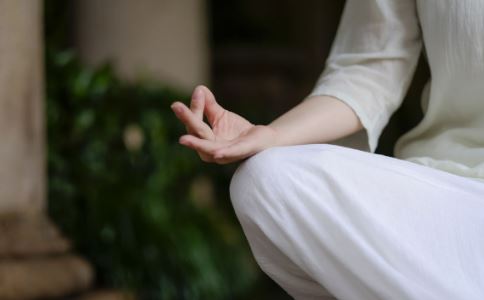 Amitabha Buddha’s Christmas, this great dedication is what my disciple wishes in this life
Amitabha Buddha’s Christmas, this great dedication is what my disciple wishes in this life
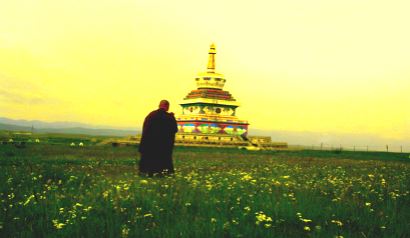 Master Xuanhua: As a lay Buddhist, you should not say this kind of mistake
Master Xuanhua: As a lay Buddhist, you should not say this kind of mistake
 Chen Yixiao: Thirteen common vocabulary paintings in Buddhism ~Fifteen paintings
Chen Yixiao: Thirteen common vocabulary paintings in Buddhism ~Fifteen paintings
 In Buddhist scriptures, lay people should stay away from YIN female (JN)Instructions for
In Buddhist scriptures, lay people should stay away from YIN female (JN)Instructions for
 Mr. Fang Lun: Lesson 32 of the Elementary Buddhist Teaching Book of Five Turbidities and Evil Worlds
Mr. Fang Lun: Lesson 32 of the Elementary Buddhist Teaching Book of Five Turbidities and Evil Worlds
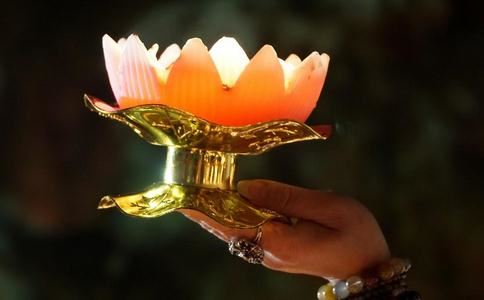 Mr. Fang Lun: Lesson 34, 37th chapter of the Tao of the Elementary Buddhist Teaching Book (one )
Mr. Fang Lun: Lesson 34, 37th chapter of the Tao of the Elementary Buddhist Teaching Book (one )
 Mr. Fang Lun: The 30th lesson of the primary Buddhist teaching book, and the world's deterioration
Mr. Fang Lun: The 30th lesson of the primary Buddhist teaching book, and the world's deterioration
 Layman Fang Lun: Intermediate Buddhist Teaching Book 33 Abhidharma-Kisha Sect (two )
Layman Fang Lun: Intermediate Buddhist Teaching Book 33 Abhidharma-Kisha Sect (two )
 Pan Guiming: Tiantai Buddhist Review
Pan Guiming: Tiantai Buddhist Review
 The Wanderer Songs the Ten Disciples of Buddha Chapter 2 The Venerable Maudgalyayana
The Wanderer Songs the Ten Disciples of Buddha Chapter 2 The Venerable Maudgalyayana
 What should you pay attention to when wearing Buddhist bead bracelets?
What should you pay attention to when wearing Buddhist bead bracelets?
 Wu Yansheng: The Realm of Zen Poetry Chapter 11 The Buddhist Interest in Li Shangyin's Poetry
Wu Yansheng: The Realm of Zen Poetry Chapter 11 The Buddhist Interest in Li Shangyin's Poetry
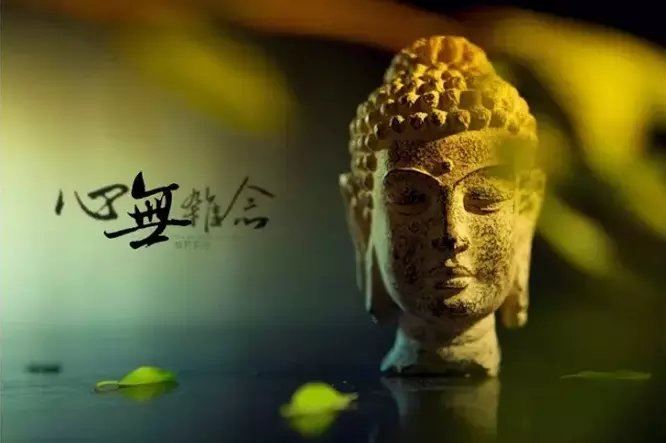 Master blames his disciple for his progress (Jin Fahui )
Master blames his disciple for his progress (Jin Fahui )
 Master Xuanhua: These ten changes in the heart are disturbed by the devil!The Great Compassion Mantra should be recited
Master Xuanhua: These ten changes in the heart are disturbed by the devil!The Great Compassion Mantra should be recited
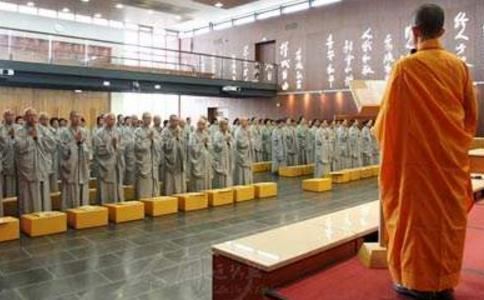 Yang Weizhong: Chinese Buddhism 6, Sectarian establishment (three )Three Theory
Yang Weizhong: Chinese Buddhism 6, Sectarian establishment (three )Three Theory
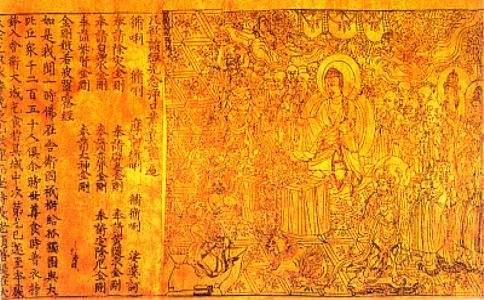 Miaoze: The true face of Buddhism·18: What is the "Five Poison Heart"?
Miaoze: The true face of Buddhism·18: What is the "Five Poison Heart"?
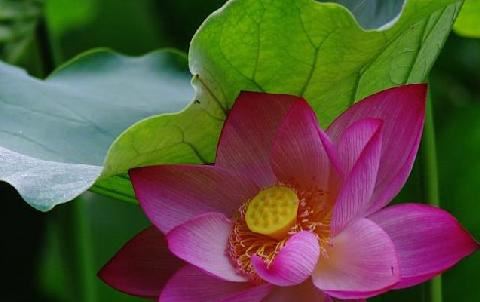 Miaoze: The true face of Buddhism·22: What is "get attached to it"?
Miaoze: The true face of Buddhism·22: What is "get attached to it"?
 Chen Bing: Explanation of Vimalakirti Sutra _Chen Bing's "Vimalakirti Sutra" explains the third chapter of the Disciples (9)
Chen Bing: Explanation of Vimalakirti Sutra _Chen Bing's "Vimalakirti Sutra" explains the third chapter of the Disciples (9)
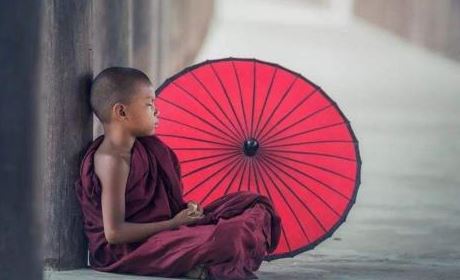 Buddhist Zen theory: Window and mirror
Buddhist Zen theory: Window and mirror
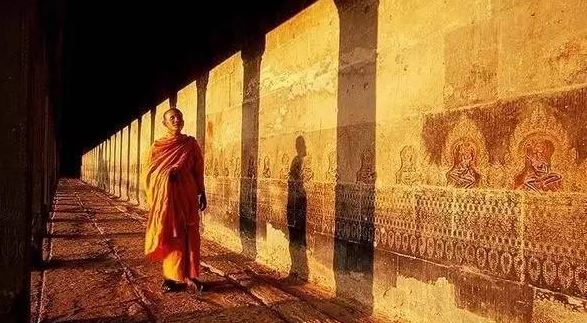 Pure Land Dharma: The Buddha’s true disciples practice this
Pure Land Dharma: The Buddha’s true disciples practice this
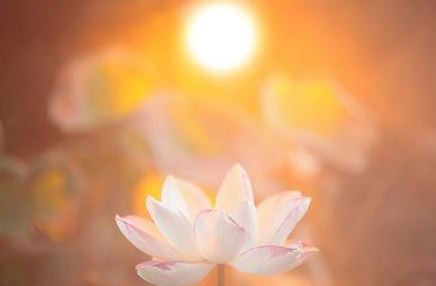 Master Xuanhua: If you develop a kind of arrogance, you should take the arrogance from it.Why?
Master Xuanhua: If you develop a kind of arrogance, you should take the arrogance from it.Why?
 Khenpo Dazhen: Use the mirror of Buddhism to reveal his true face
Khenpo Dazhen: Use the mirror of Buddhism to reveal his true face
 Master Jingbo: What should Buddhists give to others?Just two words
Master Jingbo: What should Buddhists give to others?Just two words
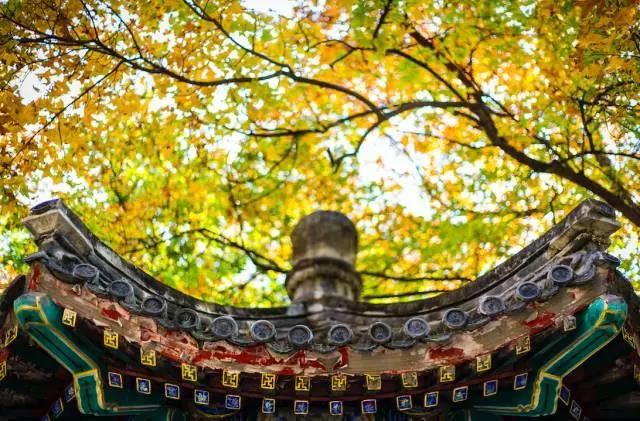 The Pure Land Dharma: Use your mind as a mirror, this is what we should learn
The Pure Land Dharma: Use your mind as a mirror, this is what we should learn
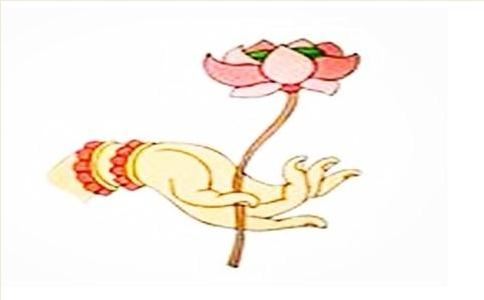 Master Miaoliang: Questions and Answers in Buddhism (Jilin Yushu Yongci Buddhist Temple Demonstration )
Master Miaoliang: Questions and Answers in Buddhism (Jilin Yushu Yongci Buddhist Temple Demonstration )
 Master Jiequan: Basics of Buddhism Chapter 5: The Key to Hundred Dharmas Section 3: Mind Dharma
Master Jiequan: Basics of Buddhism Chapter 5: The Key to Hundred Dharmas Section 3: Mind Dharma
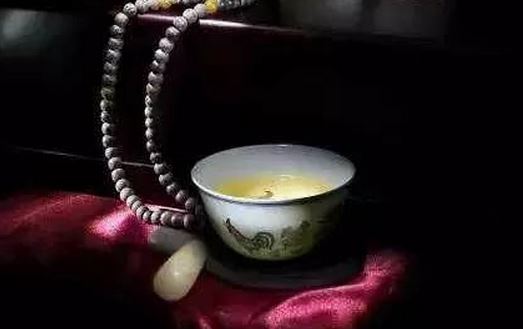 Master Jingyuan: The Basics of Buddhism
Master Jingyuan: The Basics of Buddhism
 Notice of Buddhist Lecture on Sunday, Longhua Ancient Temple, 2014 (first half of the year)
Notice of Buddhist Lecture on Sunday, Longhua Ancient Temple, 2014 (first half of the year)
 Zhengjie Temple in Daqing City, Heilongjiang Province set up an international Buddhist research fund
Zhengjie Temple in Daqing City, Heilongjiang Province set up an international Buddhist research fund
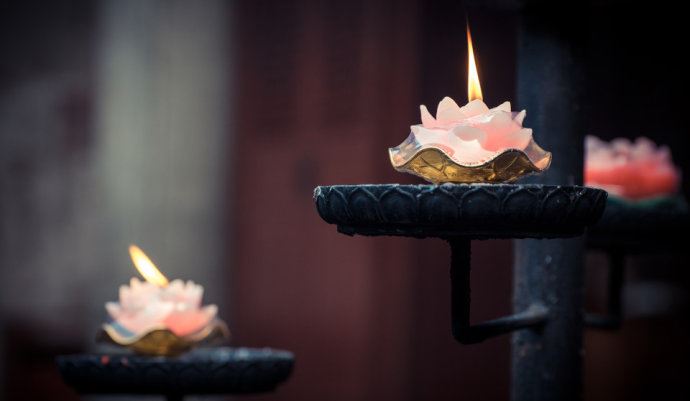 Mr. Chuanling: The disciple’s true experience has made me truly realize that cause and effect are true
Mr. Chuanling: The disciple’s true experience has made me truly realize that cause and effect are true
 Master Juzan: Buddhism and life
Master Juzan: Buddhism and life
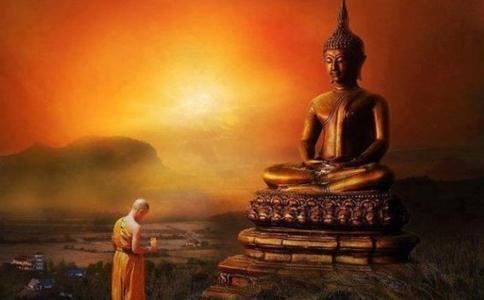 Khenpo Dazhen: This is what you should seek
Khenpo Dazhen: This is what you should seek
 Master Mingyang: The Buddha’s Ten Disciples Chapter 9
Master Mingyang: The Buddha’s Ten Disciples Chapter 9
 A Buddhist disciple's near-death experience: All memories are left with only one Buddha name
A Buddhist disciple's near-death experience: All memories are left with only one Buddha name
 Master Bodhidharma: The basic meaning of Bodhidharma Buddhist thoughts - Wencheng
Master Bodhidharma: The basic meaning of Bodhidharma Buddhist thoughts - Wencheng
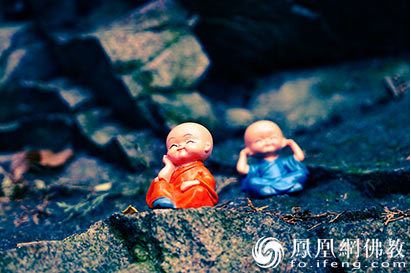 Buddhist textbooks for Chinese primary schools: 40 and 10, Celebrating Vessel Day (II)
Buddhist textbooks for Chinese primary schools: 40 and 10, Celebrating Vessel Day (II)
 Buddhist textbooks for Chinese primary schools: Five or one, Buddhism and learning Buddhism
Buddhist textbooks for Chinese primary schools: Five or one, Buddhism and learning Buddhism
 Buddhist textbooks for Chinese primary schools: Four and Twelve, the prince becomes a Taoist
Buddhist textbooks for Chinese primary schools: Four and Twelve, the prince becomes a Taoist
 Buddhist textbooks for Chinese primary schools: Five or Three, Six Paths of Reincarnation
Buddhist textbooks for Chinese primary schools: Five or Three, Six Paths of Reincarnation
 Buddhist textbooks for Chinese primary schools: Second and Second Five, Crow and Magpie
Buddhist textbooks for Chinese primary schools: Second and Second Five, Crow and Magpie
 Buddhist textbooks for Chinese primary schools: Three and seven, good or bad is not determined by the name
Buddhist textbooks for Chinese primary schools: Three and seven, good or bad is not determined by the name
 Hong Kong Buddhist Federation·Buddhist Textbook: What is the difference between Mahayana Buddhism and Hinayana Buddhism?
Hong Kong Buddhist Federation·Buddhist Textbook: What is the difference between Mahayana Buddhism and Hinayana Buddhism?
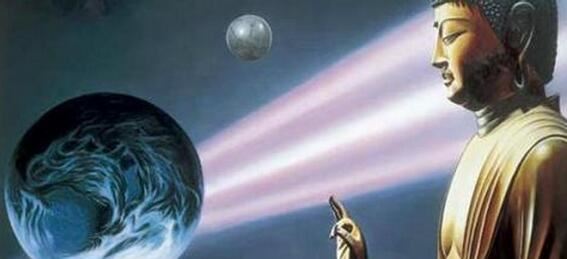 Brief introduction to Buddhism: Elementary topics (Four ) The Prince's Practice
Brief introduction to Buddhism: Elementary topics (Four ) The Prince's Practice
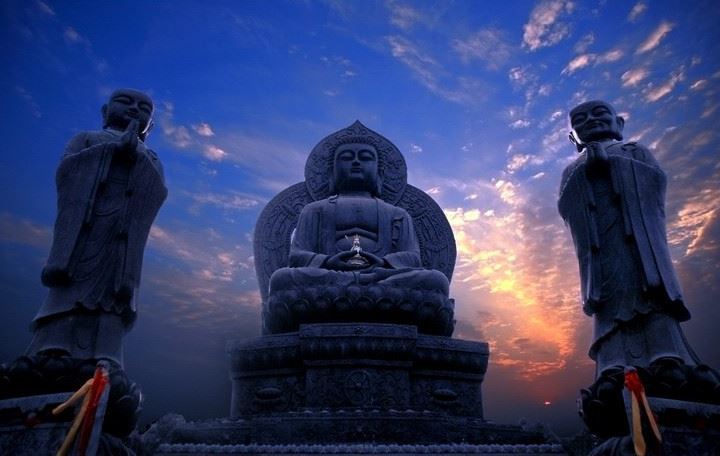 Elementary Buddhist teaching book: Lesson 5, Tathagata No. 10
Elementary Buddhist teaching book: Lesson 5, Tathagata No. 10
 Elementary Buddhist teaching book: Lesson 8, Maitreya Bodhisattva
Elementary Buddhist teaching book: Lesson 8, Maitreya Bodhisattva
 Intermediate Buddhist teaching book: Lesson 5, Three Suffering and Eight Suffering
Intermediate Buddhist teaching book: Lesson 5, Three Suffering and Eight Suffering
 The true face of Buddhism: 39: What is a "mantra"?
The true face of Buddhism: 39: What is a "mantra"?
 The true face of Buddhism: 38: The key to chanting Buddha’s name
The true face of Buddhism: 38: The key to chanting Buddha’s name
 Basics of Buddhism: Chapter 3: The Five Vehicles Teachings Section 1: The Fruit of Man and Heaven
Basics of Buddhism: Chapter 3: The Five Vehicles Teachings Section 1: The Fruit of Man and Heaven
 Basics of Buddhism: Chapter 8 Introduction to the Essence of Each Sect
Basics of Buddhism: Chapter 8 Introduction to the Essence of Each Sect
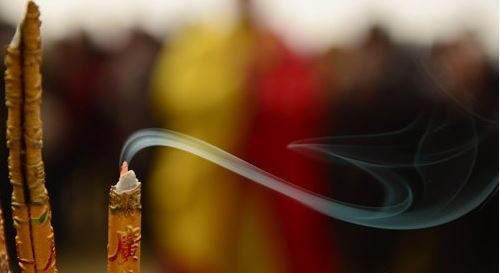 Basics of Buddhism: Chapter 6: Sentimental Body and Mind Chapter 5: The Birth of Sentimental
Basics of Buddhism: Chapter 6: Sentimental Body and Mind Chapter 5: The Birth of Sentimental
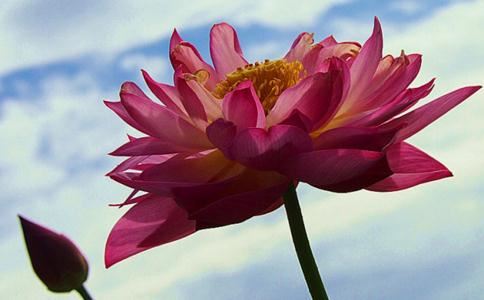 Basics of Buddhism: Chapter 3 The Five Vehicles Teachings, Section 5 The Three Vehicles Study Together
Basics of Buddhism: Chapter 3 The Five Vehicles Teachings, Section 5 The Three Vehicles Study Together
 Master Daoxi: Should you recite Namo Amitabha or Amitabha
Master Daoxi: Should you recite Namo Amitabha or Amitabha
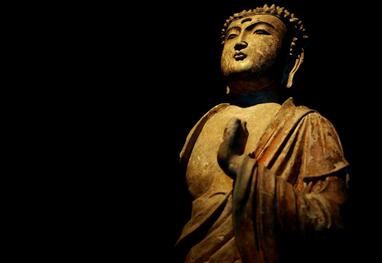 Buddhist Books: Basic Buddhism: Refuge to the Three Jewels
Buddhist Books: Basic Buddhism: Refuge to the Three Jewels
 The story of Master Yin: The master is seriously ill and his disciple is suspicious. He asks about illness and encourages Guanyin to recite the disease
The story of Master Yin: The master is seriously ill and his disciple is suspicious. He asks about illness and encourages Guanyin to recite the disease
 Khenpo Dazhen: All Mahayana people should do this wish
Khenpo Dazhen: All Mahayana people should do this wish
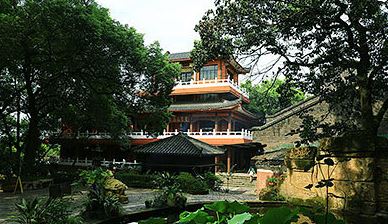 Buddhist Enlightenment: Lesson 7, Causes of Promoting the Dharma and Benefiting Sentences (two )
Buddhist Enlightenment: Lesson 7, Causes of Promoting the Dharma and Benefiting Sentences (two )
 Buddhist Enlightenment: Lesson 8: Buddha Enters Nirvana
Buddhist Enlightenment: Lesson 8: Buddha Enters Nirvana
 Buddhist textbooks for Chinese primary schools: Six and Ten, Sociable Cultivation
Buddhist textbooks for Chinese primary schools: Six and Ten, Sociable Cultivation
 Buddhist Enlightenment: Lesson 25, Ashoka Promotes Buddhism
Buddhist Enlightenment: Lesson 25, Ashoka Promotes Buddhism
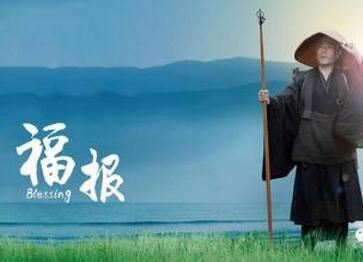 Buddhist textbooks for Chinese primary schools: Six Seconds 11, Cultivating blessings and cultivating wisdom
Buddhist textbooks for Chinese primary schools: Six Seconds 11, Cultivating blessings and cultivating wisdom
 Hong Kong Buddhist Federation·Buddhist Textbook: Common Knowledge of Tantric Buddhism
Hong Kong Buddhist Federation·Buddhist Textbook: Common Knowledge of Tantric Buddhism
 Hong Kong Buddhist Federation·Buddhist Textbook: Yoga School of Asanga and Vasubandhu (superior )
Hong Kong Buddhist Federation·Buddhist Textbook: Yoga School of Asanga and Vasubandhu (superior )
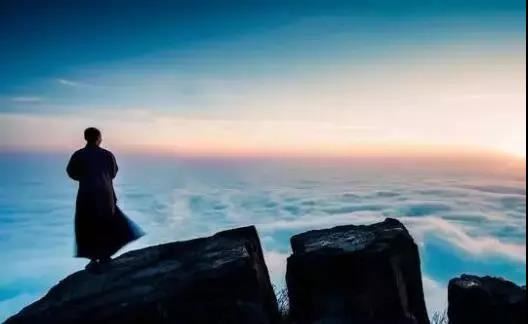 Hong Kong Buddhist Federation·Buddhist Textbook: Mahayana Prajna Thought
Hong Kong Buddhist Federation·Buddhist Textbook: Mahayana Prajna Thought
 Hong Kong Buddhist Federation·Buddhist Textbook: Four Famous Mountains
Hong Kong Buddhist Federation·Buddhist Textbook: Four Famous Mountains
 Elementary Buddhist teaching book: Lesson 34, 35, 36, Comprehensive Key
Elementary Buddhist teaching book: Lesson 34, 35, 36, Comprehensive Key
 Advanced Buddhist teaching book: Lesson 21, Bible reading notes (two )
Advanced Buddhist teaching book: Lesson 21, Bible reading notes (two )
 Hong Kong Buddhist Federation·Buddhist Textbook: Selected "Amitabha Sutra"
Hong Kong Buddhist Federation·Buddhist Textbook: Selected "Amitabha Sutra"
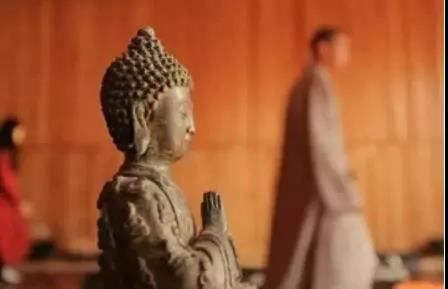 Elementary Buddhist teaching book: Lesson 26, Ten Good Deeds (two )
Elementary Buddhist teaching book: Lesson 26, Ten Good Deeds (two )
Complete collection of Buddhist scriptures
Share on WeChat
Scan the QR code to share on WeChat or Moments


















